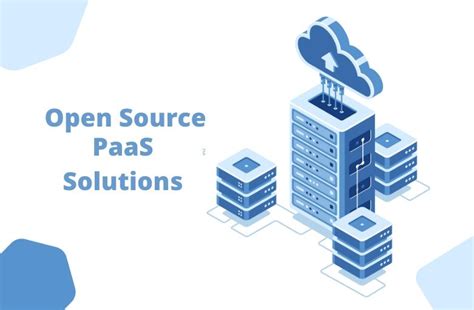In recent years, the growth of cloud infrastructure has galvanized tech companies and individual developers to explore more agile and cost-effective hosting solutions. One key player that has emerged in this space is the open-source Platform as a Service (PaaS). Unlike traditional cloud services, these platforms offer greater control and customization, allowing users to handle configurations, and sometimes even enhance the platform itself. Within this landscape, projects like Dokku have gained significant attention. Predicated on Docker, Dokku provides a simplified, Heroku-like user experience with the capabilities to handle deployments effectively using just Git.
The community’s response to these open-source PaaS solutions has been mixed, with various users voicing their experiences across multiple platforms. For instance, Dokku, described often in discussions as exceptionally reliable, contrasts with some users’s experiences of other projects where deployments fail to execute as smoothly as advertised. This has spurred conversations about the reliability and user-friendliness of these platforms, emphasizing the importance of community feedback and the role of maintainers in fostering a supportive ecosystem for the adoption and growth of such tools.
Interoperability with other technologies is also a key point raised by many users. For example, there’s significant mention of Kubernetes, a powerful container-orchestration system that ensures automated deployment, scaling, and management of containerized applications. Some users suggest that even for smaller projects where Kubernetes might seem like ‘overkill’, its configurability and robustness make it irreplaceable in high-growth scenarios. Thus, integrating PaaS solutions with Kubernetes, either directly or through adapters like Dokku’s Kubernetes scheduler, is depicted as a valuable capability for many developers.
Challenges relating to open source licensing, and what constitutes ‘true’ open source, also permeate discussions. A recurring theme points to the complications arising from platforms like Dokploy, which promise open-source accessibility yet integrate clauses that contradict the open-source ethos by restricting commercial use. This not only confuses users but also undermines the trust necessary for community-driven development and expansion.
Lastly, the inclusivity of platform features, like handling background tasks, cron jobs, and service interoperability (such as opting for various database systems or proxies), frames a large part of the discussion about what makes an open-source PaaS tool not just functional but superior. As PaaS platforms evolve, understanding and responding to the diverse needs of developers boosts platforms’ usability and adoption, setting the stage for a more dynamic and flexible approach to managing applications in the cloud.


Leave a Reply